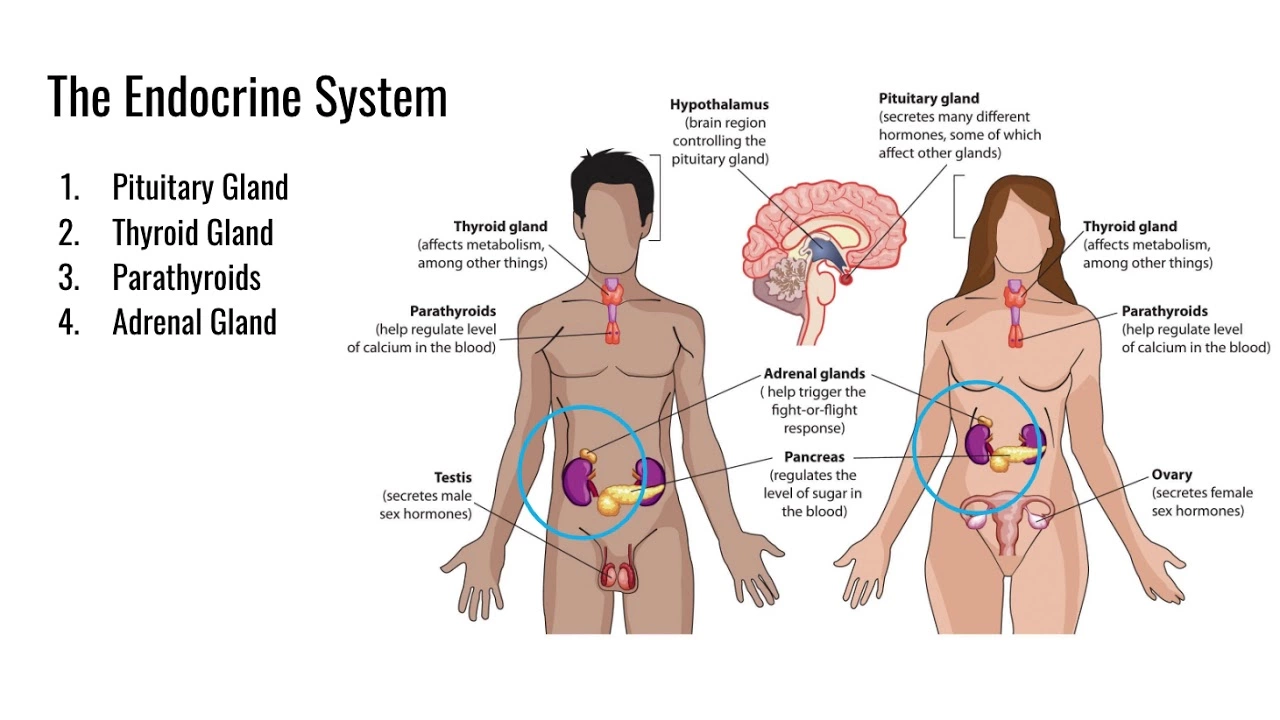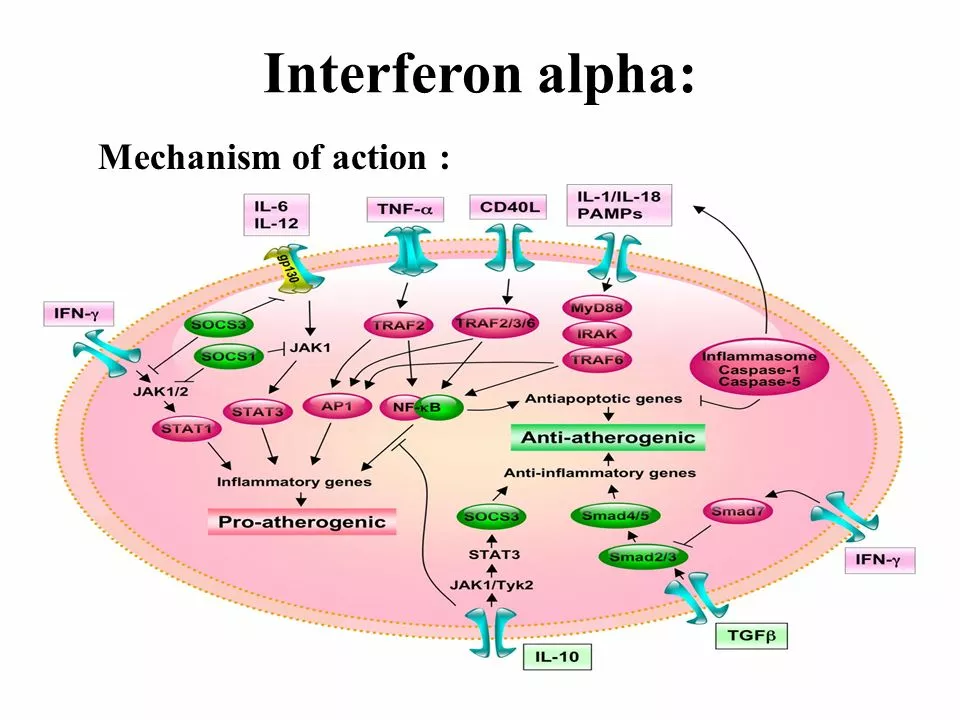Medical Research: What You Need to Know About Emerging Treatments and Conditions
Ever wonder how hormones affect tumor growth? They aren't just background players; these small molecules can actually encourage tumor cells to grow and spread. This explains why hormone therapy is commonly used to block hormone effects and slow down certain cancers. It’s amazing how these tiny chemicals can have such a big effect on our health.
Leukemia treatment comes with its own set of challenges. When patients get a stem cell transplant, there’s a risk of graft-versus-host disease (GVHD), where donor immune cells attack the patient's body. But here’s the twist: those same immune cells can also attack leftover leukemia cells, which doctors call the graft-versus-leukemia effect. Balancing the risks and benefits of GVHD is a tricky but important part of treatment.
New Drug Finds: Acotiamide and Baricitinib
Acotiamide is a newer medication helping people with digestion issues, specifically functional dyspepsia. It works by improving stomach movement and increasing acetylcholine release, which aids digestion. Plus, it calms the stomach muscles to reduce pain. Understanding how Acotiamide works gives hope to those struggling with uncomfortable digestion symptoms.
Reactive arthritis is another condition showing progress in treatment with Baricitinib. This medicine targets some key pathways that cause inflammation, helping to ease pain and swelling. For folks dealing with this type of arthritis, Baricitinib is offering a new way to manage symptoms and improve daily life. Medical research keeps opening doors to better solutions, making it easier to handle challenging health issues.
Whether it’s cancer, blood diseases, or arthritis, staying updated on medical discoveries can really make a difference. Knowing how treatments work and what’s on the horizon prepares you to make smarter health choices and have informed conversations with your healthcare provider.

Telepharmacy Safety: What Studies Reveal About Remote Pharmacy Services
Explore what recent studies reveal about telepharmacy's impact on medication safety. From reduced errors in rural areas to challenges in remote consultations, this article breaks down the evidence. Find out how telepharmacy compares to traditional pharmacies and what the future holds for this growing healthcare solution.
Continue Reading
FDA Sentinel Initiative: How Big Data Detects Drug Safety Issues
The FDA Sentinel Initiative uses big data from millions of patient records to detect hidden drug risks in real time, replacing outdated reporting systems with active, science-driven safety monitoring.
Continue Reading
Partial AUC: Advanced Bioequivalence Measurements Explained
Partial AUC is a precision pharmacokinetic tool used to assess bioequivalence in complex drug formulations where traditional metrics like total AUC and Cmax fall short. It focuses on drug exposure during critical early time windows to ensure therapeutic safety and effectiveness.
Continue Reading
Corrective Actions: How Manufacturers Fix Quality Problems
Corrective actions in manufacturing go beyond fixing defects-they eliminate root causes to prevent recurrence. Learn how structured CAPA processes, backed by FDA and ISO standards, reduce defects, cut costs, and ensure compliance.
Continue Reading
International ICH Guidelines - How They Harmonize Medication Safety
Explore how International Council for Harmonisation (ICH) guidelines unify global drug safety standards, speed approvals, and shape the future of medication regulation.
Continue Reading
Cefpodoxime’s Future: Latest Antibiotic Research Breakthroughs
Explore the latest research on cefpodoxime, including new formulations, resistance strategies, and clinical trial updates shaping its future as a key antibiotic.
Continue Reading
The Role of Hormones in Tumor Growth
I recently came across an interesting topic about the role of hormones in tumor growth. It turns out that hormones can actually contribute to the development and progression of certain cancers. They can stimulate cancer cells to grow and divide, making the tumor larger and more aggressive. As a result, hormone therapy is often used as a treatment option to block the effects of these hormones on cancer cells. It's quite fascinating how these tiny molecules have such a significant impact on our health, and it's crucial for us to be aware of their potential effects on tumor growth.
Continue ReadingThe Connection Between Leukemia and Graft-Versus-Host Disease
As a blogger, I recently delved into the connection between leukemia and Graft-Versus-Host Disease (GVHD). It turns out that GVHD can occur after a stem cell transplant, often used as a treatment for leukemia. The transplanted immune cells from a donor may view the recipient's body as foreign and attack it, resulting in GVHD. Although this condition can cause complications, it can also have a beneficial effect known as the graft-versus-leukemia effect, where the donor's immune cells attack remaining leukemia cells. However, finding the right balance between the benefits and risks of GVHD remains a challenge for medical professionals.
Continue Reading
A Pharmacological Overview of Acotiamide: Mechanisms and Actions
In my latest blog post, I've delved into the fascinating world of Acotiamide, a relatively new medication used to treat functional dyspepsia. I explored its unique mechanisms and actions, which include enhancing gastric motility and promoting the release of acetylcholine to improve digestion. Additionally, I discussed how Acotiamide also reduces the sensitivity of stomach muscles, making it an effective treatment option for people struggling with painful symptoms. Throughout the post, I provided a comprehensive pharmacological overview, highlighting its potential benefits and the research supporting its use. So, if you're interested in learning more about Acotiamide, head over to my blog to read the full article!
Continue Reading
The role of Baricitinib in treating Reactive Arthritis
As a copywriter, I've been researching the role of Baricitinib in treating Reactive Arthritis. This medication has shown great promise in managing the symptoms associated with this condition. Baricitinib works by inhibiting the Janus kinase (JAK) pathways, which are involved in the inflammatory process of Reactive Arthritis. This helps reduce inflammation and pain, which can greatly improve the quality of life for patients. So, it's definitely an exciting development in the field of arthritis treatment!
Continue Reading



